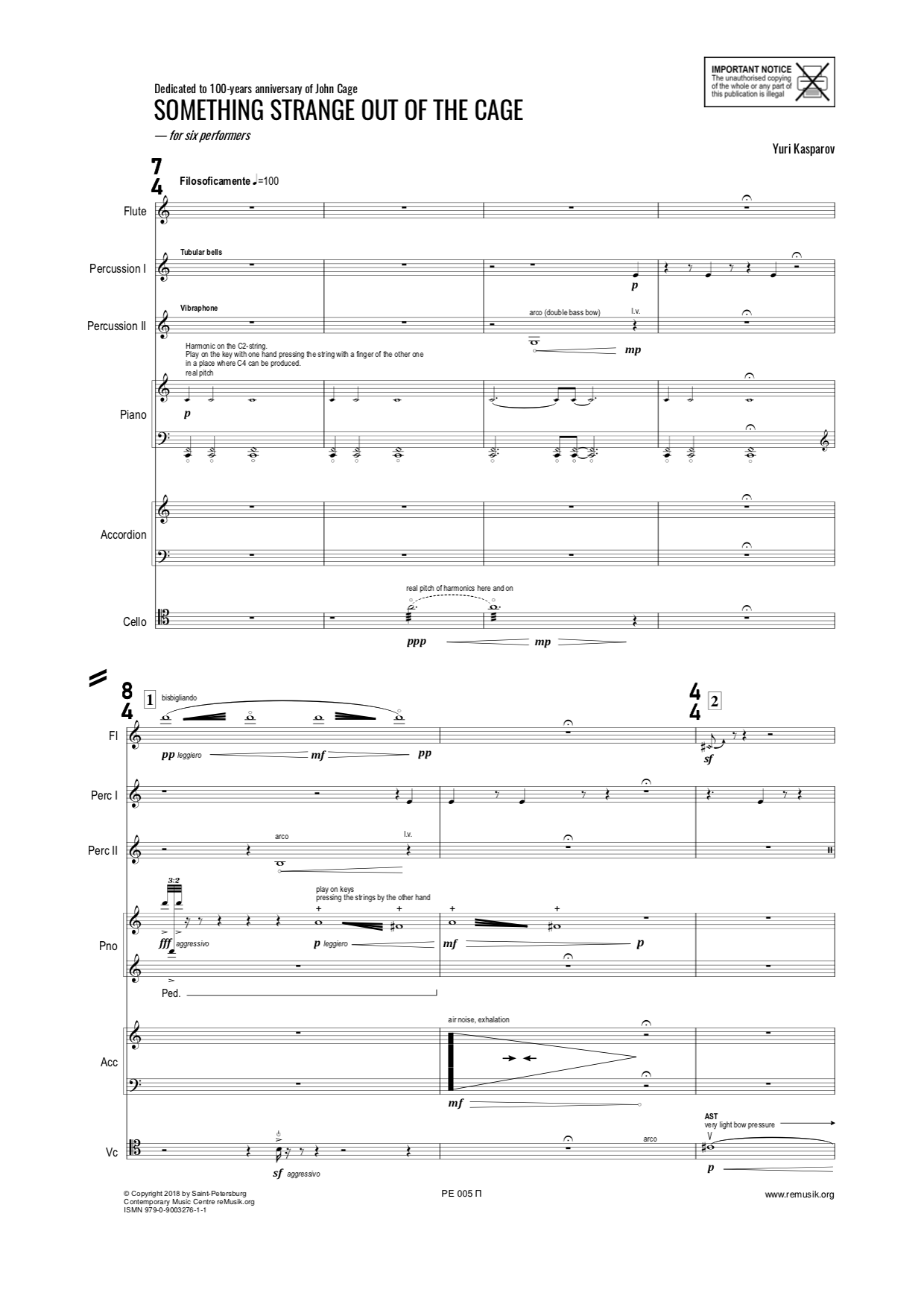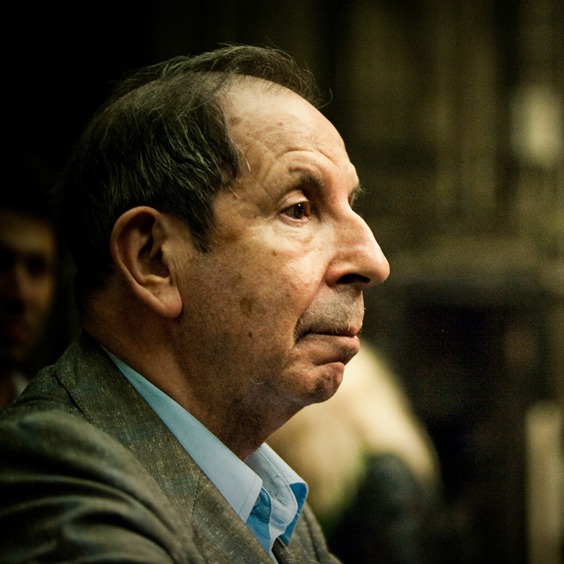Composer Sergei Slonimsky has departed this life
Composer Sergei Slonimsky has departed this life
Sergei Slonimsky, composer, pianist, musicologist, and professor of the St. Petersburg Conservatory has died at the age of 88.
Sergei Slonimsky (1932-2020), a prominent Russian composer, was born into the family of well-known writer Mikhail Slonimsky. He graduated from the Saint-Petersburg State Conservatory in 1955 where he studied with composer and pedagogue, Orest Evlakhov and piano with Vladimir Nilsen. He also studied at the Musical College in Moscow from 1943 until 1950. Sergei Slonimsky serves on the composition faculty at the Saint-Petersburg State Conservatory, since 1959.
Sergey Slonimsky is a People’s Artist of Russia (1987), and received numerous honours and awards as: State Prize of the Russian Federation (2001), Glinka State Prize of the RSFSR (1983), International Baltic Star Prize (2009), and Commander’s Cross of the Order of Merit of the Republic of Poland. In May 2010, he was invited as a honored guest to the Festival “Wall to Wall Behind the Wall” in New York (USA).
Sergei Slonimsky is an important composer, without whom Russian music would be incomplete and less controversial. It is not easy to find composers who, with the same success, utilize virtually every existing classical and modern music genre in their compositions.
His output covers opera, symphony, ballet, oratorio, and sonata. He is the author of numerous chamber compositions, music for folk instruments, and teaching pieces for children. His vividly imaginative compositions show a brilliant composer’s mastery. Slonimsky draws on many historical eras and cultural epochs: Antiquity, Middle Ages and Renaissance, Baroque, Classicism, and Romanticism. His music consists of a variety of images that contain an abundance of artistic information.
Sergei Slonimsky is a versatile musical personality. He is a composer, a pianist, a music scholar, and a pedagogue. Slonimsky made a name for himself in modern Russian music as one of the leaders in the Soviet musical movement that came to life in the 1960s. As a musicologist, he worked out a new system of rhythmic notation, which he called “rhythmic neums.”
While teaching at the Saint Petersburg Conservatory, he developed a school of composers and musicologists and guided many of his students into successful careers in music, among them the conductors Vladislav Chernushenko, Vasily Sinaisky and Yuri Simonov.
Slonimsky’s musical reality is extensive; it encompasses Antiquity, Renaissance, Baroque, Classicism and Romanticism. In Slonimsky’s music, one can hear the influence of the folklore and secular traditions of different time periods and styles, along with jazz and rock. Slonimsky was also influenced by the most significant tendencies of twentieth century culture, including polystylistic synthesis and a free combination of folklore elements with professional music. He studied such trends as Neoclassicism, Neobaroque, and innovations of the New-Viennese school and the composers of Les Six. Even though Slonimsky assimilated all of these trends, it is difficult and perhaps impossible to attribute any of them to him. He freely and boldly blended modern techniques of composition with a classical manner of writing and formed his own musical language based upon his brilliant knowledge of folklore.
The peculiarity of Slonimsky’s artistic consciousness is in the intermingling of Western and Slavophile tendencies. His contemporaries often favored one of these tendencies: Alfred Schnittke and Edison Denisov followed more Western traditions, while Georgy Sviridov and Valery Gavrilin were Slavophiles. In contrast, Slonimsky intertwined both Western and national Russian traditions, which he interpreted rather unpredictably. Moreover, he turned towards other cultures, incorporating foreign material and splendidly transforming it into his own.



